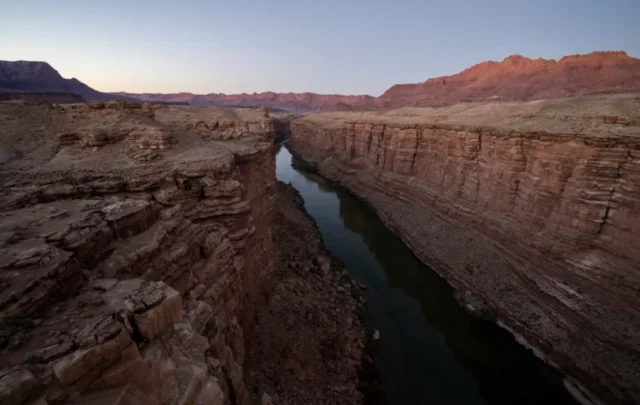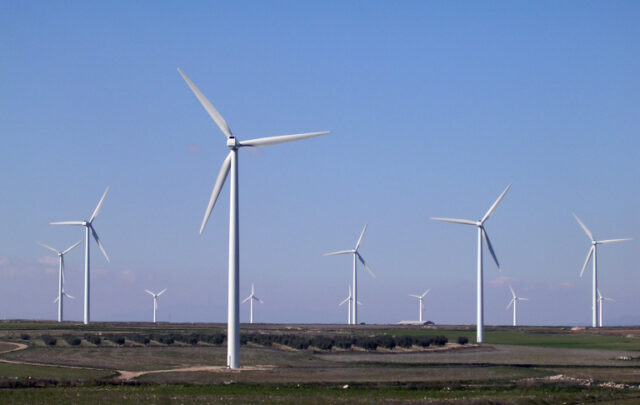NOTE: Images in this archived article have been removed.

Wind turbines image via mdmarkus66/flickr. Creative Commons 2.0 license.
Three things you shouldn’t miss this week
- Infographic: The fossil fuel bailout
- Article: End fossil fuels by 2100 – the dramatic ‘final warning’ over climate change – Fossil fuels will have to be significantly scaled back in the coming decades, and eliminated entirely by 2100, in order to keep within what is widely considered to be the “safe” limit for global warming.
- Article: Fracking won’t cut bills and ministers ‘oversold’ shale gas benefits, experts say – Ministers must "stop banking on this idea that shale is going to be plentiful and cheap", Government-funded UK Energy Research Centre says.
Fossil fuel emissions need to hit zero by end of this century to reduce the dangerous and irreversible impacts of climate change, says the latest Intergovernmental Panel on Climate Change (IPCC) report. That may seem a long way off, but global emissions are still rising relentlessly and according to the International Energy Agency’s (IEA) latest World Energy Report on current trajectories we will exhaust the global carbon budget by as soon as 2040.
A significant step was made this Wednesday when the world’s two biggest polluters, the US and China announced a new climate deal. The agreement sees the US cutting emissions to 26-28% below 2005 levels by 2025, while China pledges to cap its emissions by 2030.
Further and more ambitious commitments are required to meet IPCC targets, but the agreement gives some hope for global negotiations in Paris next year – seen by many as the last chance for meaningful action. Whether President Obama still has the political muscle to make good on the deal, with Republicans in control of both legislative houses following last week’s elections, remains to be seen.
Decarbonisation is going to require a huge deployment of renewables. Such a scenario is looking increasingly viable: Deutsche Bank sees solar power reaching a price competitive with conventional electricity in all but 3 US states by 2016. The IEA report shows renewables growing strongly as costs fall, and on target to be the biggest source of electricity by 2040, but more needs to be done.
Governments are still subsidising fossil fuels by $550bn a year – four times the amount spent supporting renewables. And it isn’t just oil dependent nations; an Overseas Development Institute report released this week found that the G20 alone spends $88bn on fossil fuel subsidies including generous tax breaks for exploration for new reserves.
Another expose on government support for fossil fuels, specifically the UK government’s support for fracking, was released by the UK Energy Research Centre this week. The report author Professor Jim Watson said: “Shale gas has been completely oversold. Where ministers got this rhetoric from I have absolutely no idea. It’s very misleading for the public.” Perhaps the government could now move its charm offensive to renewables.
Related Reports and Commentary






